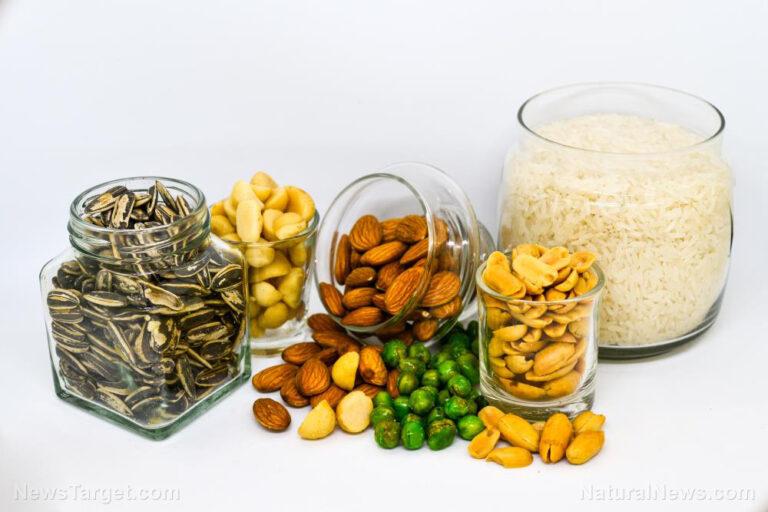Navigating dietary choices while managing arthritis requires careful consideration, and juicing has emerged as a popular option for individuals seeking to bolster their nutritional intake. With the potential to deliver a concentrated dose of vitamins, minerals, and antioxidants from an array of fruits and vegetables, juicing holds promise in providing relief from arthritis symptoms. However, like any dietary strategy, juicing requires a nuanced approach.
We spoke to our expert Ekta Singhwal, MSc (Dietician), Ujala Cygnus Group of Hospitals, who listed the dos and don’ts, ensuring that the benefits of juicing are maximised while potential pitfalls are avoided.
Dos Of Juicing With Arthritis
Choose Anti-inflammatory Ingredients
Singhwal said, “Opt for fruits and vegetables rich in antioxidants and anti-inflammatory properties, such as berries, leafy greens, ginger, turmeric, and pineapple. These can potentially help manage arthritis symptoms.”
Include Healthy Fats
Incorporate sources of healthy fats like avocado, chia seeds, or flax seeds into your juices. Omega-3 fatty acids may aid in the reduction of inflammation and the maintenance of joint health.
Balance Nutrients
Aim for a balanced mix of vitamins, minerals, and nutrients in your juices. Include a variety of colourful fruits and vegetables to ensure you’re getting a broad spectrum of benefits.
Listen to Your Body
Singhwal informed, “Be attentive to how your body reacts to various ingredients. If you notice any adverse reactions, consider adjusting your juicing ingredients accordingly.”
Stay Hydrated
Hydration is important for joint health. Alongside your juices, drink plenty of water throughout the day to maintain joint lubrication and overall well-being.
According to the Arthritis Foundation, maintaining proper hydration is crucial for effectively eliminating toxins from your body, contributing to the battle against inflammation. Ensuring sufficient water consumption aids in maintaining well-lubricated joints and reducing the risk of gout attacks.
Consult Your Doctor
Before starting any juicing regimen, it’s crucial to consult your healthcare provider, especially if you have arthritis. They can provide personalised advice based on your condition.
Don’ts Of Juicing With Arthritis
Avoid Excessive Sugar
Singhwal said, “Limit the use of sugary fruits in your juices, as high sugar intake can contribute to inflammation. Instead, focus on low-glycemic options like berries and citrus fruits.”
Minimise Acidic Ingredients
Citrus fruits can be acidic and potentially irritate sensitive joints. If you decide to include them, do so in moderation and consider mixing them with alkaline options.
Be Cautious With Nightshades
Singhwal informed, “Some individuals with arthritis may find that nightshade vegetables (tomatoes, peppers, eggplants) exacerbate their symptoms. Monitor your body’s response and consider avoiding them if necessary.”
Avoid Extreme Diets
Juicing exclusively or drastically cutting your food intake is generally not recommended, as it may lead to nutrient deficiencies and negatively impact your energy levels.
Don’t Rely Solely On Juices
Juicing should supplement, not replace, a healthy diet. It’s important to continue consuming whole foods to ensure you’re getting all the necessary nutrients.
Moderate Oxalate-Rich Foods
Foods high in oxalates, such as spinach and beet greens, can contribute to kidney stone formation in susceptible individuals. These should be consumed in moderation.
[Disclaimer: This article contains information provided by the expert and is for informational purposes only. Hence, we advise you to consult with your expert for a diet tailored to your body type and needs.]
This content was originally published here.




















